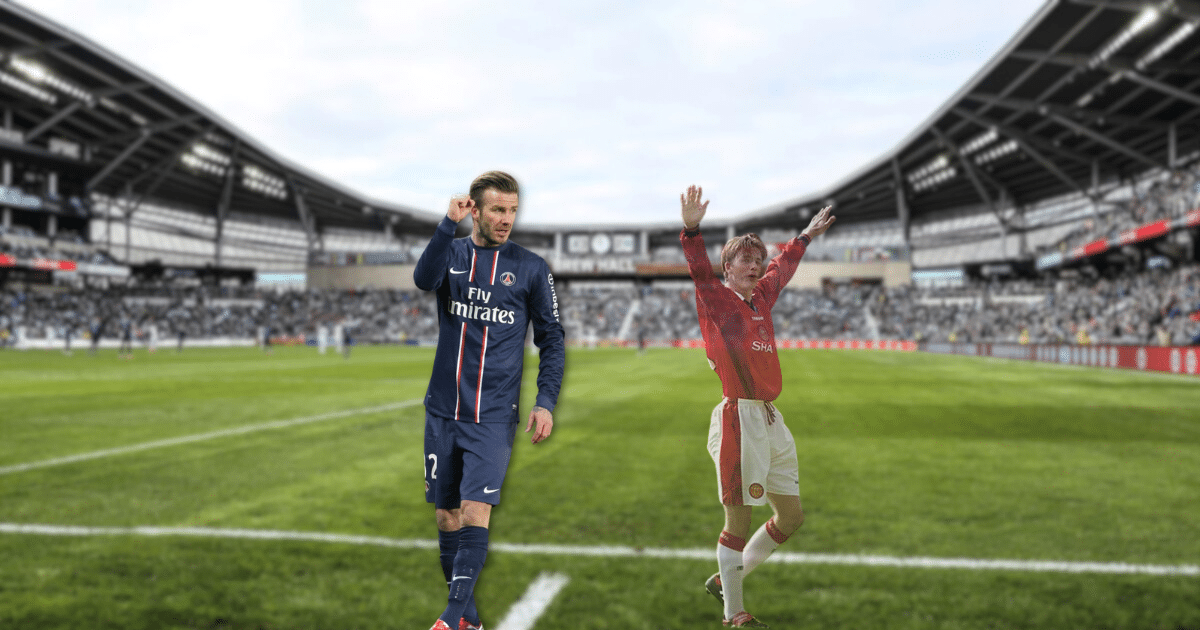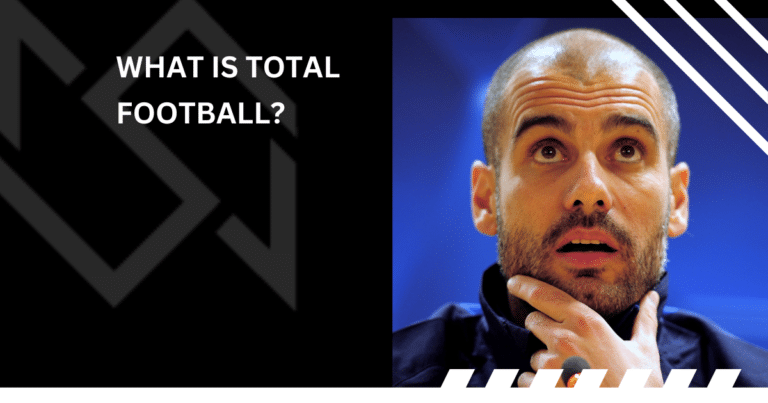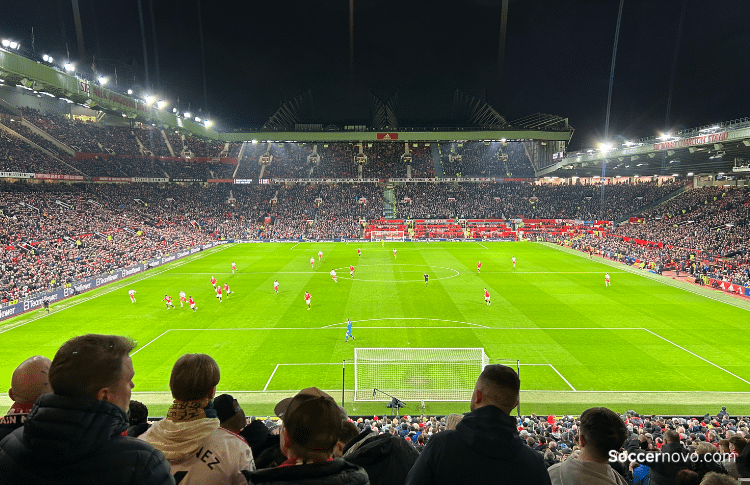When Soccer Players Retire (Father Time Calls)

Although someone may love the sport for their entire life, they can’t play forever.
They may be able to kick the ball in the backyard but there’s an expiration date on professional soccer.
Key Takeaways:
- Goalkeepers have the longest careers, averaging 40 years before retirement
- Position and injury history significantly impact retirement timing
- Modern recovery methods and sports science are extending careers
The physical demands of professional soccer ultimately force every player to hang up their cleats. But here’s the kicker – some positions allow for significantly longer careers than others.
But, many factors can influence when a soccer player decides to retire.
Age is certainly one of these factors, but it is not the only one.
Injuries, performance, and personal circumstances can also play pivotal roles in a player’s decision to retire.
In this article, I will explore what age soccer players retire and the different factors that can impact their retirement.
By the Numbers: Position Matters
The average retirement age for soccer players typically varies by position.
According to a study conducted by the International Federation of Professional Footballers, the average retirement age by position is:
| Position | Avg. Age of Retirment |
|---|---|
| Goalkeepers | 40 years old |
| Defenders | 35 years old |
| Midfielders | 33 years old |
| Forwards | 32 years old |
It’s important to note that these are just averages and not every player will retire at the same age.
What Factors Affect Retirement Age in Soccer?
One of the most significant factors is the player’s position. For example, goalkeepers tend to retire later than other positions because they have fewer physical demands on their bodies.
Furthermore, a player’s injury history can also impact their retirement age. Players who have suffered from severe injuries may retire earlier than others. Unfortunately, Eden Hazard is an example.

In some cases, a player may hurt themselves at a later age and are never able to recover like they did when they were in their 20s.
Another factor that affects retirement age is the level of play. Players who play at a higher level, such as in the Premier League, La Liga, or Champions League, may retire later than those who play in lower leagues.
You would think the opposite is true but there’s typically to be more support and resources for players in the top leagues.
The amount of playing time a player receives can also impact their retirement age. Players who play fewer minutes as they age, will typically play longer.
At the same time, players who also play fewer minutes may have to retire because they are not needed anymore.
Lastly, players who develop healthy habits over their careers tend to play longer. I’m seeing more and more professional athletes invest in their bodies and recovery. Athletes realize that by taking care of their bodies, they can play longer at a high level.
Soccer Players Who Retired (Their Age at Retirement)
Here are the retirement ages for some of the most famous soccer players in the world:
- Rivaldo – 43 years old
- Paolo Maldini – 41 years old
- Lev Yashin – 41 years old
- Lothar Matthäus – 40 years old
- Ferenc Puskás – 39 years old
- Alessandro Del Piero – 39 years old
- Xavi – 39 years old
- David Beckham – 38 years old
- Andrea Pirlo – 38 years old
- Diego Maradona – 37 years old
- Johan Cruyff – 37 years old
- Thierry Henry – 37 years old
- Ronaldinho – 37 years old
- Fabio Cannavaro – 37 years old
- Pelé – 36 years old
- Carles Puyol – 36 years old
- Ronaldo – 34 years old
- Zinedine Zidane – 34 years old
- Franz Beckenbauer – 33 years old
- Michel Platini – 32 years old
Female Soccer Retirement Age
- Carli Lloyd – 39 years old
- Kristine Lilly – 39 years old
- Megan Rapinoe – 38 years old
- Kelly Smith – 38 years old
- Homare Sawa – 37 years old
- Alex Morgan – 35 years old
- Abby Wambach – 35 years old
- Birgit Prinz – 34 years old
- Julie Foudy – 33 years old
- Mia Hamm – 32 years old
Final Thoughts
Based on my research, it is clear that the retirement age for soccer players varies greatly depending on various factors such as playing position, level of play, and overall physical condition.
If players can make it to 37, they’ve had themselves a great career.
Only time will tell but with modern medicine and advancements in technology, will we see players start retiring in their 50s? Something to think about!

Written By: SoccerNovo
SoccerNovo is an independent youth soccer media brand built to help parents, players, and coaches better understand the game and the pathways available in U.S. soccer. Our mission is to make youth soccer simpler, clearer, and more accessible for everyone involved in it.
Let’s connect




